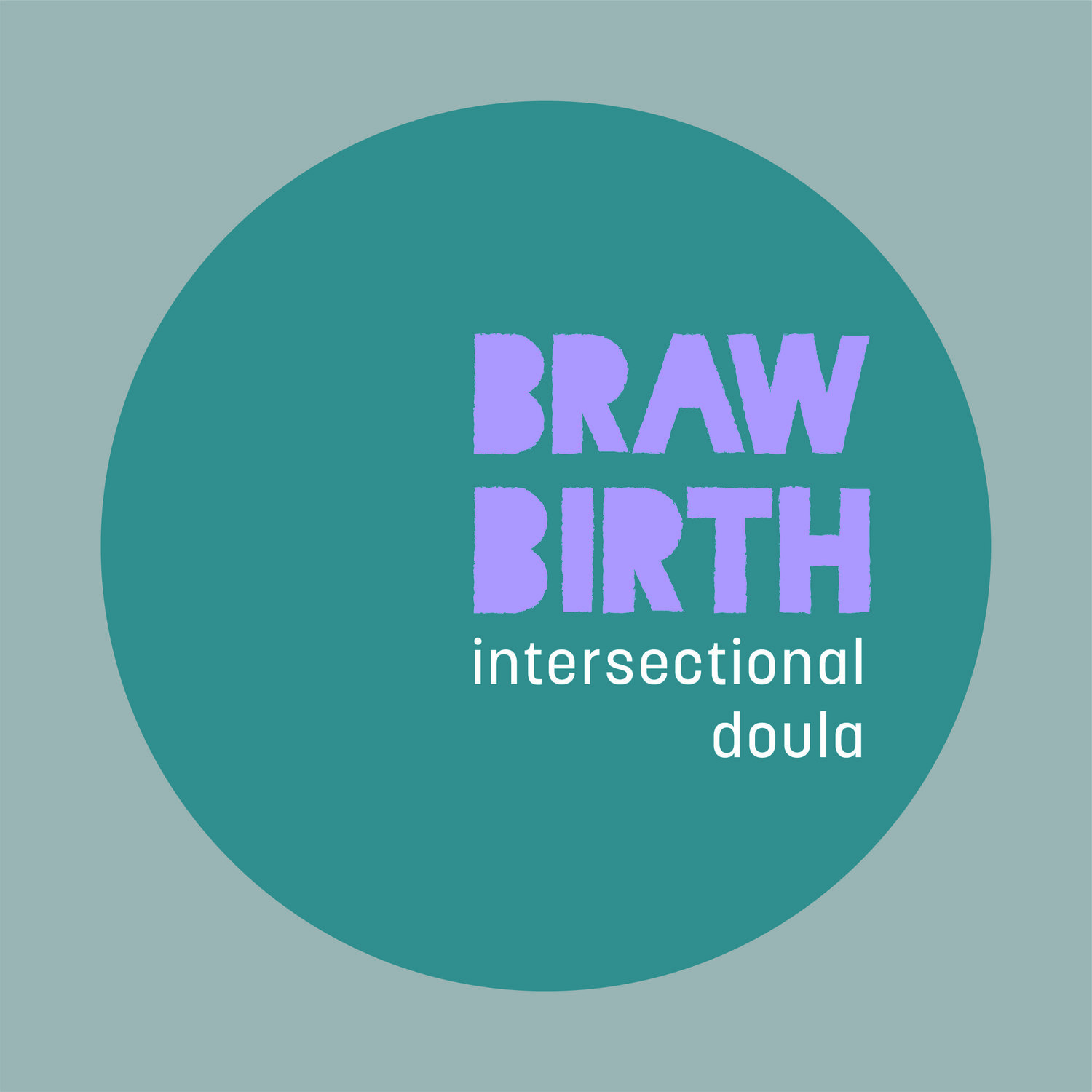Doulas, You Need To Know More About Fertility!
I can help!
People who have conceived with fertility support are likely to experience perinatal and postnatal depression and anxiety. They are also six times more likely to experience PTSD after treatment and birth.
This can be a problem because many doulas see pregnancy, birth and postpartum as their predominant focus of support for clients. Little discussion or provision is centred around how that pregnancy came to be, if they struggled to conceive or if clients accessed fertility support to start their family. Some doulas may feel worried about asking people their fertility journey or how they conceived, but it’s a topic that those with fertility struggles want and need to talk about during pregnancy and after birth,
Infertility or ‘reproductive’ trauma was first labelled by two perinatal psychiatrists Dr Janet Jaffe and Dr Martha Diamond in 2005. The term is used to encompass the psychological impact of a range of fertility experiences such as infertility diagnosis, recurrent cycle loss, recurrent pregnancy loss, reproductive injury and experiences in fertility treatment for both individuals and couples. Experience with infertility or fertility support, involves going through repeated traumatic experiences over a period of months or years.
Examples of PTSD from fertility experience can include:
· Avoiding baby showers, children’s birthdays, pregnant friends or places and events associated with families.
· Re-experiencing traumatic events or intrusive thoughts; constantly thinking about fertility or pregnancy, having flashbacks to previous procedures or losses and having nightmares about things associated with your fertility treatment.
· Changes to their mood or feelings about themselves or others; having negative feelings about others who re pregnant, having a sense of loss, lack of joy, shame, anger, jealousy etc.
· Hypervigilance and heightened emotional reactions to situations; insomnia, quick to frighten, panic attacks, concentration difficulties, irritability or anger.
While specialists originally thought that these feelings subside once people become parents after fertility support, it’s becoming more apparent that these experiences and symptoms may have not time to process the experience before giving birth. Equally, the PTSD symptoms can re-emerge when someone brain feels “safe”. I think this explains why pregnancy and postpartum periods can be a very different and difficult experience than those who conceive through fertility support.
Typical fertility trauma triggers after becoming parents can include:
· Shifting expectations and experiences of parenting; Noting having the family they imagined having, not acting as the parent we thought we would be, partner conflict conversations and connections with other parents about their experiences of conception, pregnancy or birth that don’t match your own.
· Transitions; secondary infertility, subsequent losses, birthdays, parental commemorative days, other losses e.g. friends known through infertility, menopause, deciding to stop treatment, periods starting again.
· Child Transitions; developmental shifts such as weaning, first and lasts that come with only children, starting nursery or school, children asking questions about siblings or family dynamic.
· Others’ Transitions: others becoming pregnant, losing a pregnancy or having a termination.
Doulas who develop their knowledge and skills to better understand the additional layers of support needed for those pregnant people can bridge the gap of isolation and potential trauma they experience.
I will take you through the impacting factors of fertility treatment in people’s lives, understanding individual experience and develop your skills and resources to view fertility experience as a client need.
The training will give you enhanced skills and a competent approach to understand and incorporate clients’ lived experience of treatment to provide the best and most considered care for them in their pregnancies, births and postnatal periods.
The training is online on March 15th and 16th from 7pm-9:30pm. You can buy tickets in the training section of the Braw Birth website. Click here to book your place.
Hope to see you there!

